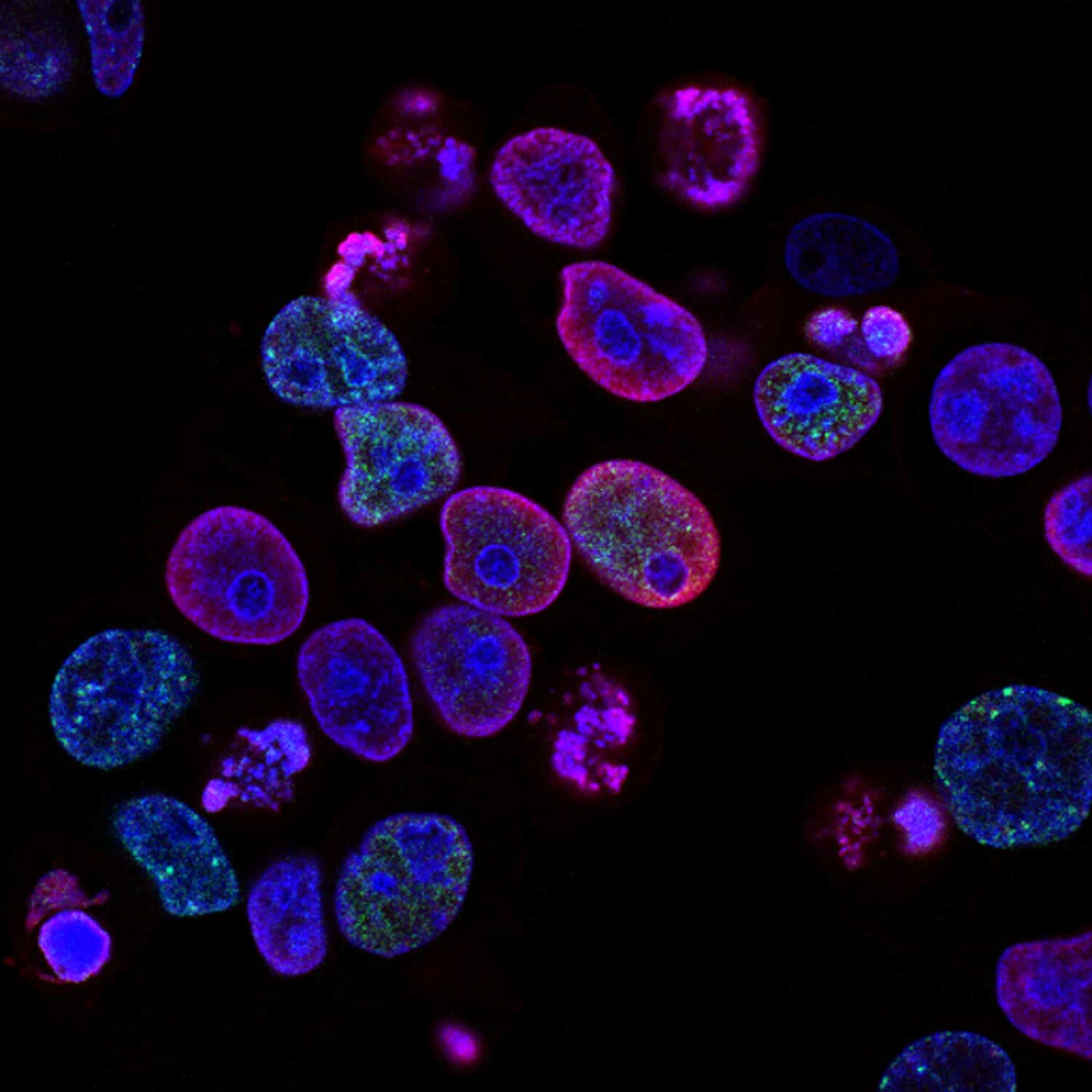Dramatists from Euripides to Shakespeare to Ibsen have explored a classic theme that continues to resonate today: Can the sins of the father be passed on to the son? Can children inherit more than a parent’s blue eyes, hammer toes, or disease-prone genes? Do guilt and shame pass through generations?
In the Nature vs. Nurture debate, the commonly held view of genetic inheritance is that your child is born as a ‘blank slate’ and that any genetic markers from the parents are erased as their children are born. But the pioneering field of “epigenetic inheritance” – the study of how inherited genes are affected by changes in the environment – suggests that may not be the case.
In 2015, a group of researchers from the Icahn School of Medicine at Mount Sinai in New York published their findings of a study that examined the genes of 32 Jewish men and women, all of whom had survived the Holocaust, whether in a concentration camp, in forced exile, or in situations of torture. The scientists also took a look at the genes of 22 children who were born after the war to parents who were Holocaust survivors.
Rachel Yehuda, who led the study, wrote in the journal Biological Psychiatry, “The gene changes in the children could only be attributed to Holocaust exposure in the parents.”
While news of Yehuda’s discovery generated headlines, it also provoked controversy because of its small study size, limited number of generations (at least four would be needed but only two were included), and failure to account for social factors, such as offspring being exposed to stories of the Holocaust.
By May 2017, enough skepticism had surfaced that the Dallas Morning News reported that the study had been debunked, noting, “[T]he Center for Epigenomics at the Albert Einstein College of Medicine in New York called it the ‘over-interpreted epigenetics study of the week.’”
However, a team from the University of Cambridge found that traumatic experiences could be passed on from one generation to the next. Specifically, genes in mice that had been chemically muted by stress passed down that effect through eggs and sperm to the next generation. Jamie Hackett, who led the study, told the journal New Scientist, “What we’ve found is a potential way things can get through, whereas before, everything was considered to be erased.”
Hackett and his team had their critics, too.
Adrian Bird of the University of Edinburgh told New Scientist, “The idea that what’s left carries information about the environment is sufficiently far-fetched to demand much more evidence of its importance. I’d say [the erasure] is an inefficient process, and what’s left doesn’t matter.”
Fascinatingly, however, yet another study from Emory University published in the journal Nature Neuroscience, found that mice inherited fear of certain smells from their fathers, even when the babies had neither met their fathers nor had they ever experienced that smell before. In fact, that fear was then passed on their own offspring.
Brian Dias, the post-doctoral fellow who spearheaded the Emory experiment, became convinced that his findings were legitimate when he and his team trained male animals to fear a certain smell and then collected their sperm 10 days later. They artificially inseminated female mice located across the campus in a different lab and discovered that “the brain anatomy persisted” – meaning that the babies inherited the fear of that same smell as a result of it being present in their fathers’ sperm.
While studies continue to be conducted on this topic, our clients aren’t taking the risk. By depositing their assets with Legacy, they’re protecting their children from any traumas or stresses they may experience in the future. And were they alive today – Euripides, Shakespeare, and Ibsen, were they around today, might nod their heads in knowing agreement.



